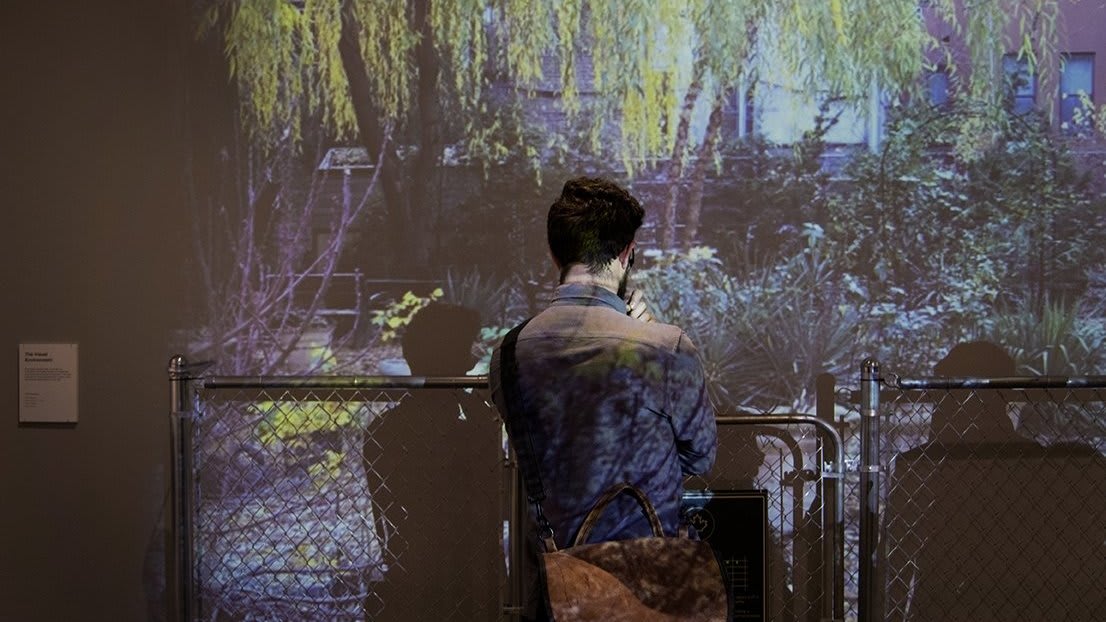Exhibition
Harlem First: Mapping the Health of a Community

SVA Gramercy Gallery
209 East 23rd Street, 1st floor, New York, NY 10010Reception
Thu, Jan 21; 6:00 - 8:00pm
School of Visual Arts presents “Harlem First: Mapping the Health of a Community,” an exhibition of work by MFA Design for Social Innovation students that addresses the health needs of a community. Presented in collaboration with the Arnhold Institute of Global Health and the PopTech Institute, “Harlem First: Mapping the Health of a Community” is on view Monday, January 11, through Monday, February 1, at the SVA Gramercy Gallery, 209 East 23rd Street, New York City.
The Harlem First Initiative brings together designers, community leaders, data scientists and health care professionals to conceive a new future of wellness care. The exhibition consists of interpretative, student-designed maps of the Harlem neighborhood that visualize data, an interactive project room for developing ideas and a symposium for applying this method of analysis to larger communities and the overall state of health care in America and throughout the world.
Founded in 2013, Design for Social Innovation at SVA is the first MFA program in social impact design, created for designers and leaders in other disciplines who want to work at a strategic level—whether in business, government or the social sector, as part of a larger organization or as entrepreneurs—to solve the major challenges humanity faces.
The program prepares graduates to expand the methodologies of design to address the belief systems and mental models that drive behavior, employing all forms of visual design to engage and inspire participation. Students learn to scale the impact of research through mastery of change models, communication design, mapping, game mechanics, metrics, data visualization and more. Throughout the course of the program, they work with real clients, gaining hands-on experience with multinational corporations, nonprofits and social entrepreneurs. The curriculum encompasses a broad range of issues, including conservation, health, food and agriculture, poverty, gender equality, social justice, fair trade, education and community revitalization.


